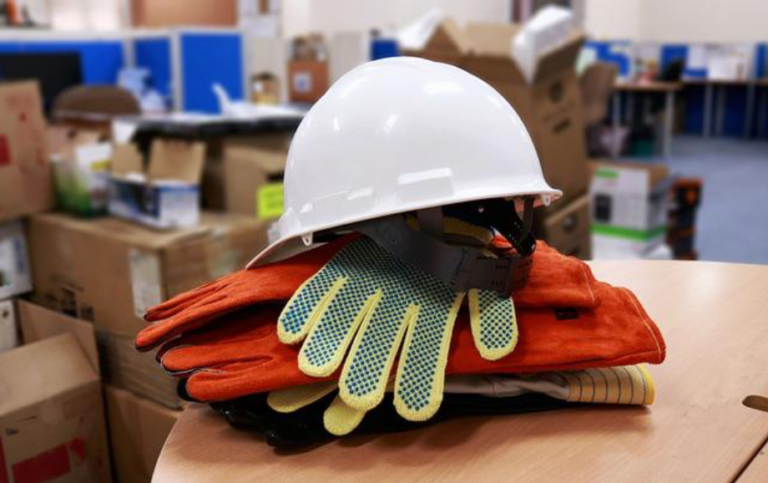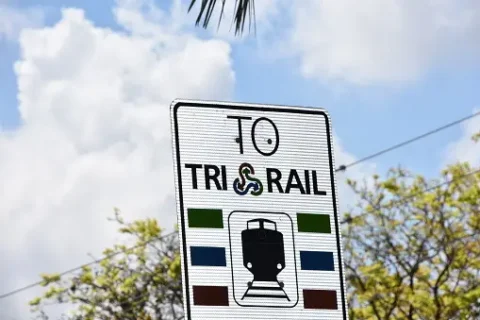Running a construction business puts business and personal assets at risk. Leaders manage property building and improvements according to governing regulations. Failure to comply with the laws can mean bankruptcy, as lawsuits threaten these assets.
An insurance policy can help protect your property, but you must become familiar with your contractor insurance needs. Without adequate knowledge, common insurance mistakes can prove costly down the road.
A few quotes from different companies will allow you to review the products, premium limits, and coverage limits to find the one that best suits your needs. With the ideal policy, contractors can avoid the typical pitfalls.
Common Contractor Insurance Mistakes
Before committing to an insurance plan, contractors must research their specific needs and which policies are available to satisfy those needs. Part of that process is obtaining quotes from a few carriers to learn the logistics of the products.
The right insurance policy will help protect a contractor’s business and personal property in the event of lawsuits if regulations are not met when projects are completed. Understanding which plans adequately service their businesses can prove daunting, leaving many prone to common pitfalls.
Here are some contractor insurance mistakes many in the industry make primarily due to a lack of knowledge.
Lack of sufficient liability coverage
Independent contractors are liable for damages when an incident or accident occurs while on a project that results in property damage or injury. Insurance providers offer varied liability, including basic general liability.
This is compulsory in many states, but not all. Visit https://legalnature.com/guides/do-independent-contractors-need-insurance to learn if independent contractors need insurance.
This will pay claims for bodily injury and property damage to those not employed with the contractor. General liability plans can also cover product liability, an essential element. As a contractor working with subcontractors, you want to ensure these workers are covered.
Some insurance carriers require subcontractors to carry general liability with limits equal to or higher than yours. Your policy would also need an indemnification clause. The right carrier will ensure your liability coverage checks all the boxes to avoid exposure.
A policy without the right coverage
When you have a policy, you want to ensure you have enough, and the right coverage to avoid vulnerability if there’s an issue. If you’re an independent contractor with a focus on new home construction, but your policy excludes new builds, you won’t be covered.
Workers’ comp is likely coverage you want to carry for leased staff to cover work-related incidents resulting in injury or illness, loss of income, or medical costs. Explaining your needs thoroughly to the insurance carrier will ensure they’re met. The cheapest policy you go for, the least coverage you’ll have.
The cheap contractor insurance
When shopping for insurance, the cost should be a consideration. The cheaper the policy, the less likely it will be the best option for your needs.
When you establish your business plan and determine your coverage needs to ensure all risks are covered from every standpoint, the investment will ultimately save money down the road. Compare products and check for competitive rates with several carriers to get the best value for the cost.
Insurance brokers should work diligently to ensure you comprehend the type of policy you need to avoid the possibility of lawsuits and advise you on what’s involved with your chosen plan.
The wrong insurance agent
Contractors can find the insurance industry overwhelming when trying to stay updated with the broad range of coverages and other details. The recommendation is to work with an independent insurance carrier to help you navigate multiple plans.
Independent agents can work with you to decide on the ideal plan to meet your needs and the right coverage to carry for your business. The wrong agent can prove detrimental if they’re unfamiliar with your industry-related insurance.
It’s vital to do due diligence in research to find the right one before committing. Make sure the agents you’re considering are knowledgeable of not only the construction industry but also related trades.
Final Thought
One thing to remember is that your business will thrive, expanding and growing over time. This means that your insurance needs will change. Your current carrier and policies may not meet your current needs.
Each year, you should review your plans, read the fine print, and make sure you’re fully protected.
With an expanding contracting company, you have likely switched business locations, brought on additional staff, or purchased more equipment. However, the current insurance carrier company you work with may not carry products that cover the extent of your growth.
Many contractors keep their carrier long-term without a thought to expanding and needing their carrier to scale with them. It’s vital to assess your needs routinely to always have your needs met.





